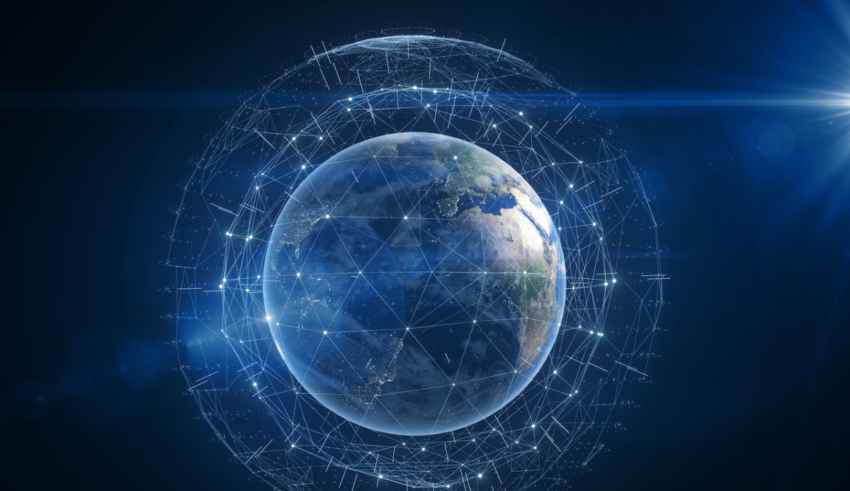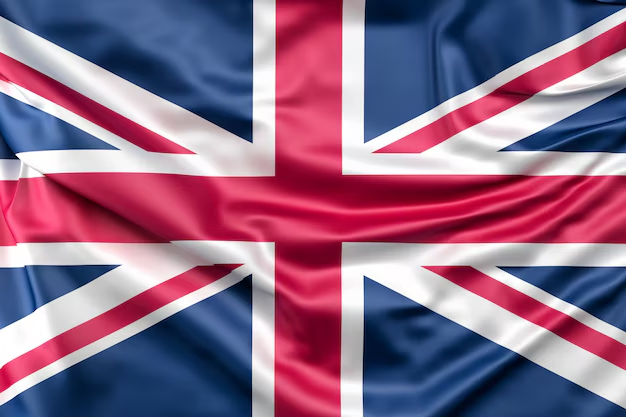
The role of the internet in advancing the conversation around human rights is unparalleled. Since its inception, the internet has done more for human rights than many international assemblies and instruments. At the same time, the internet has been used as a tool to manipulate facts and theories, which has harmed many movements. However, it can be widely regarded as a powerful tool for the advancement of human rights (in the hands of human rights defenders). And for this reason, Governments and Authoritarian regimes around the world have targeted access to the internet to curb dissent and prevent citizens from advocating for human rights. The patterns of internet ban and censorship are not limited to dictatorships but even in big democracies as well as the western world. Iran shut off internet access and social media in the Capital to contain the ‘Amini’ protest. The citizens of Iran were relying on social media to mobilize forces and to protest against the murder of the 22-year of Kurdish woman. Iran, which has always had some form of censorship of cyberspace, has doubled these efforts in recent years and has shut off the internet for nearly all of its population of more than 80 million.
Governments usually rely on the need for political stability, national security and cultural values to hinder access to the internet. In 2019, India barred 4G services in Kashmir post revocation of the special status of Kashmir after 18 months ban (of which 7 months witnessed a complete black-out). Even today, communication blackouts are common, and low-speed internet is the norm. Recently courts in South Korea have been reviewing its national security laws which have blocked North Korean websites, broadcasts etc., pretending South Koreans to access information about their neighbours. Since North Korea has one of the strictest internet censorship in the world, with only 4% of the population with access to the internet, South Korea has got away with denying their citizens information about their neighbours. Most nations have internet bans of some form or the other, but many reporting organizations usually fail to acknowledge these bans in the western world. Freedom of the internet is rapidly declining in countries such as the United States, where Freedom of Speech and expression forms the much celebrated ‘First Amendment’. The United States has the third-largest number of internet users in the world, but penetration rates and broadband connection speeds are lower than in other economically developed countries. These statistics point to the fact that internet bans are a reality in the western world as well. Even Scandinavian Countries such as Norway, Sweden and Finland, which boast of being the world’s freest countries, have passed legislation to block many websites (owing to identified network inconsistencies) and, in the process, have banned human rights organizations’ websites such as Human Rights Watch. While it is important that the instigation of hate speech and riots and fake news spread with the help of social media must be prevented, there is overwhelming data that points towards the correlation between internet ban/censorship and curbing dissent.
Article 19 of the International Convention of Civil and Political Rights (ICCPR), one of the major human rights treaties in the Bill of Rights, stipulates that freedom of expression does not just mean the freedom to express oneself but also to freely “seek, receive and impart information and ideas of all kind”. Similarly, UN Guiding Principle on Business and Human Rights place the onus on internet service providers (who blindly follow instructions from Governments) to protect human rights while conducting business. In June 2022, the UN Human Rights Office published a report on the ‘real-life effects of internet shutdowns on people’s lives’. The cost of internet bans encroaches on other fundamental rights guaranteed by international law and has dire consequences on the right to education and movement, among many others.
It is disappointing that the United Nations General Assembly 2022 did not take the opportunity to discuss the increasing concern over internet bans and censorship intended to curb dissent. Summit of the Future 2023, which proposes a ‘Global Digital Compact’ to discuss the possibility of an open, free and secure digital future for all, may result address these key issues. However, it might be too late. First and foremost, International organizations and reporting agencies must call out Internet bans and censorship not only in countries like North Korea and Saudi Arabia but also in Western Nations that boast of absolute freedom of speech and expression. Directing attention to how even western countries and democracies around the world exploit the internet can shine a light on the extent of this issue and how internet bans and censorship can sabotage conversations around human rights. The United Nations Guiding Principle on Business and Human Rights must formulate guiding principles and ethics for internet providers as well as social media houses to protect human rights. Excuses of fake news and conspiracies that harm the public have proved to be willingly allowed and entertained by many platforms to earn huge profits and not due to the lack of infrastructure to regulate them. In the process of making money by willfully allowing fake news to spread, these social media apps and websites are doing more harm, giving reasons for Governments to further crackdown on the internet. A grave penalty must be placed on profiting from the spread of misinformation. Similarly, banning websites originating from a specific country, other than governmental websites, as sanction must be discouraged. The internet must be recognized as a global phenomenon and should not possess the nationality of the creator.
The power of the internet was on full display during the Covid era when the world relied on the internet for entertainment, education and even survival. Oxygen cylinders were identified and delivered to remote corners of the world, harnessing the power of the internet and a community that relied on it to gather resources. Today, the same Internet freedom is facing rapid decline, and the international community must take measures to protect the most innovative defender of human rights in the 21st century- the internet.
References
Ram Sundara Raman, Prerana Shenoy, Katharina Kohls, Roya Ensafi. 2020. Censored Planet: An Internet-wide, Longitudinal Censorship Observatory. In Proceedings of the 2020 ACM SIGSAC Conference on Computer and Communications Security (CCS ’20), November 9–13, 2020, Virtual Event, USA. ACM, New York, NY, USA, 18 pages. https://doi.org/10.1145/3372297.3417883
Internet shutdowns: trends, causes, legal implications and impacts on a range of human rights, Report of the Office of the United Nations High Commissioner for Human Rights https://documents-dds-ny.un.org/doc/UNDOC/GEN/G22/341/55/PDF/G2234155.pdf?OpenElement
Global Digital Compact, https://www.un.org/techenvoy/global-digital-compact
Freedom on the Net 2021 , United States
https://freedomhouse.org/country/united-states/freedom-net/2021
Extremely aggressive’ internet censorship spreads in the world’s democracies https://news.umich.edu/extremely-aggressive-internet-censorship-spreads-in-the-worlds-democracies/
Seoul’s censorship of North Korean media violates South Koreans’ right to know, NK News, https://www.nknews.org/2022/09/seouls-censorship-of-north-korean-media-violates-south-koreans-right-to-know/
Iran blocks Capital’s Internet Access as Amini Protests Grow, The Guardian, https://www.theguardian.com/world/2022/sep/22/iran-blocks-capitals-internet-access-as-amini-protests-grow
Taxonomy of a shutdown, Access Now https://www.accessnow.org/keepiton/
UN Guiding Principles on Business and Human Rights
https://www.ohchr.org/sites/default/files/Documents/Publications/GuidingPrinciplesBusinessHR_EN.pdf
By The European Institute for International Law and International Relations.














